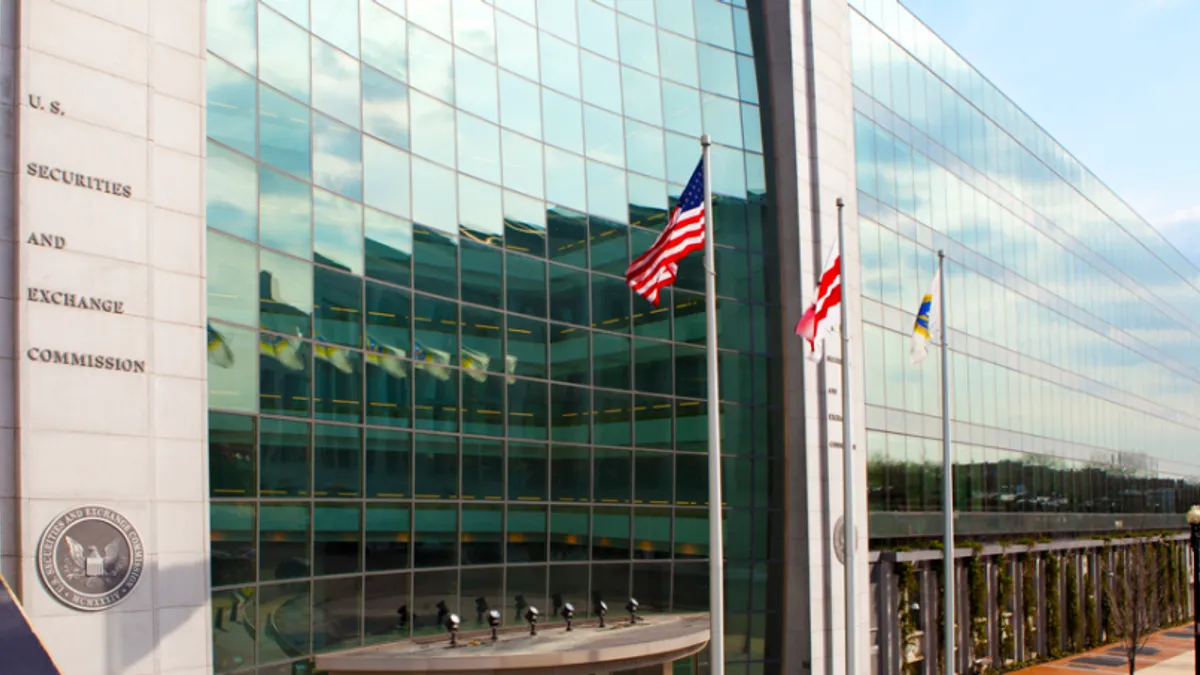Defense counsel are hurting their corporate clients and fueling public distrust in accountability when they slow-walk document production, abuse attorney-client privilege or otherwise try to stymie investigations, the top enforcer for the Securities and Exchange Commission said last week.
Although there are times when document production must be delayed, defense counsel that trickle out documents on a rolling basis or wait until a deadline to dump extraneous documents onto investigators are engaging in unhelpful gamesmanship, Gurbir Grewal said in remarks at the Securities Enforcement Forum West 2022, a one-day summit.
“I fully appreciate and welcome zealous advocacy,” said Grewal, head of SEC enforcement since last July. “Good defense lawyers help ensure that our enforcement decisions are fair and informed. But dilatory or obstructive conduct is not zealous advocacy. It is behavior that frustrates our processes, puts investors at risk and contributes to … declining trust.”
In a recent investigation, Grewal said, a company with billions of dollars in assets that had agreed with the SEC to provide material on a rolling basis had shared only 200 documents over six months.
“Needless to say, that makes it difficult for us to assess whether there’s been a violation of the securities laws,” he said.
Obstructive behavior of this kind by defense counsel, he said, can hurt companies by forfeiting their ability to get cooperation credit and the reduced or waived penalties that typically go with it.
“If you’re delaying our investigation by slow-walking document productions, trying to put off witness testimony for an excessive time, or being obstructive during testimony, you’re not cooperating,” he said, “no matter what your client’s 8-K may say.”
It risks hurting companies separate from the penalties, too. “Most obviously, there are the reputational costs that an issuer might incur after disclosing an investigation but before its delayed resolution,” he said. “Those reputational costs may, in turn, impose economic costs on shareholders. There are also, of course, the legal bills incurred as a result of unduly extended negotiations or needless disputes over routine investigatory issues.”
Aggressive tactics
Nor are defense counsel doing their clients any favors when they’re overly aggressive during witness testimony.
“Counsel create or amplify misunderstandings or sow distrust between the witness and the [SEC] staff [when they] repeatedly interrupt testimony to lodge heresy or other inapplicable objections,” he said.
Same thing when counsel overtly coaches witnesses on how or whether to answer a question.
“When such tactics needlessly prolong a testimony session, preventing the staff from addressing all of the factual items at issue, it serves neither the staff nor the witnesses,” he said.
Counsel also cause problems when they represent their clients even though they could be a fact witness or otherwise have reason to step aside but don’t.
“These representations typically end with lawyers ultimately conflicting themselves out at the 11th hour,” he said, “putting their clients in difficult situations. I’m certain firms ask themselves at the outset of an engagement, can we represent the company in such circumstances? The more relevant question and the one that we, as lawyers, always need to ask ourselves is, should we take on the representation?”
Attorney-client privilege
Over-aggressive assertion of attorney-client privilege is another tactic that ends up hurting clients, Grewal said.
“The assertion itself appears to be more a form of aggressive lawyering, or gamesmanship, than a good-faith effort to protect the sanctity of the attorney-client relationship,” he said.
SEC staff won’t hesitate to probe questionable privilege claims, he said, or file a subpoena if they feel, after discussing it with counsel, the claim is unsupported.
“While clients and their counsel will make their own decisions about subpoena compliance, they should all appreciate the potential monetary and reputational costs they can incur as a result of subpoena enforcement litigation,” he said.
Are “emails with a lawyer randomly cc’ed … or notes of meetings where a lawyer just happened to be present in which no legal advice is requested or provided” really privileged? he said.
Bottom line, the conduct of defense counsel can become its own problem separate from whatever the company has done to trigger an investigation, and that hurts the company, its investors and trust in financial markets.
“There is a perception among large segments of the population that corporate wrongdoers are not being held accountable and that there are two sets of rules: one for the big and powerful and another for everyone else,” he said. “While there are many reasons for these beliefs and trends, delayed accountability does not help.”



















